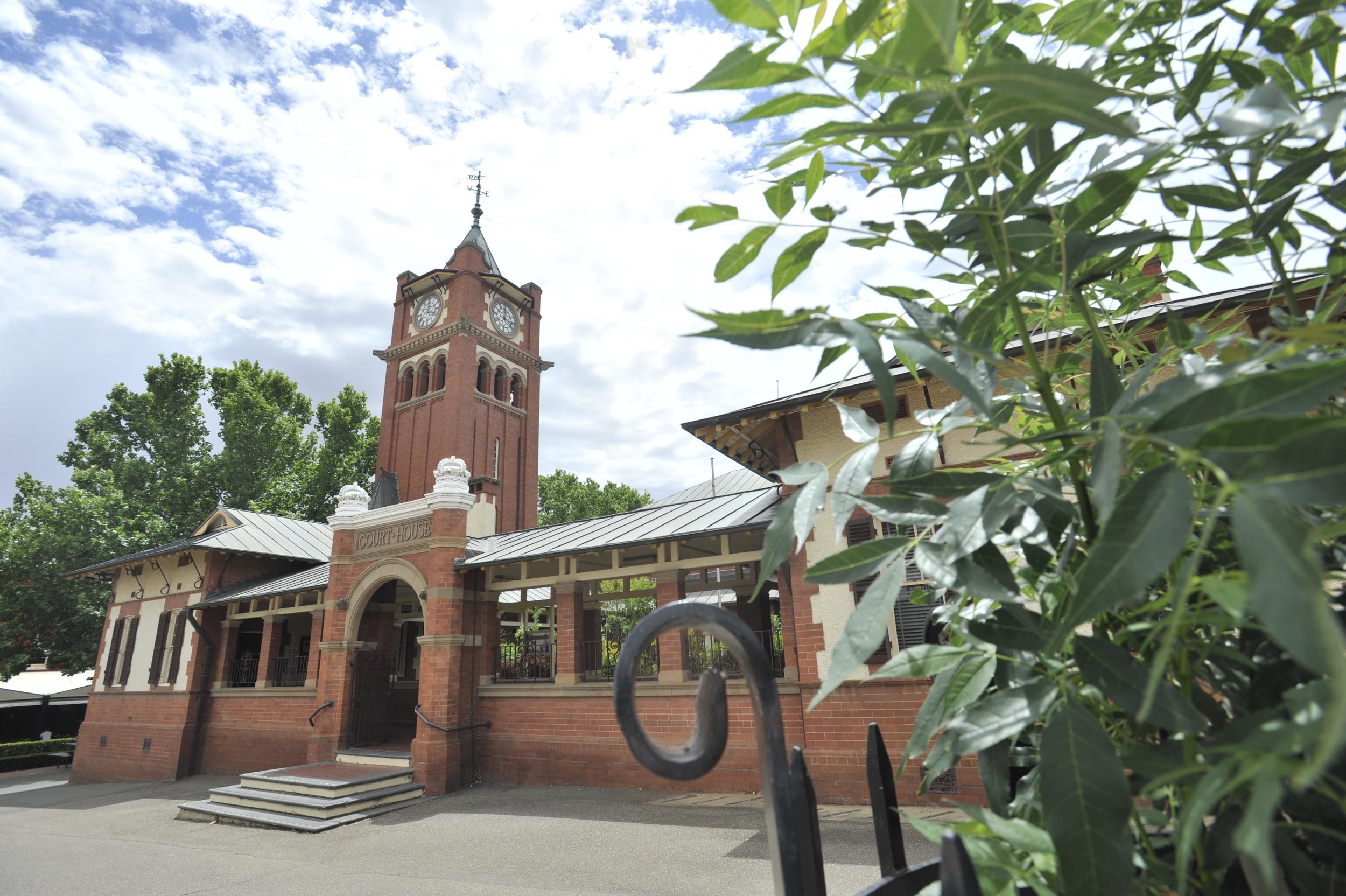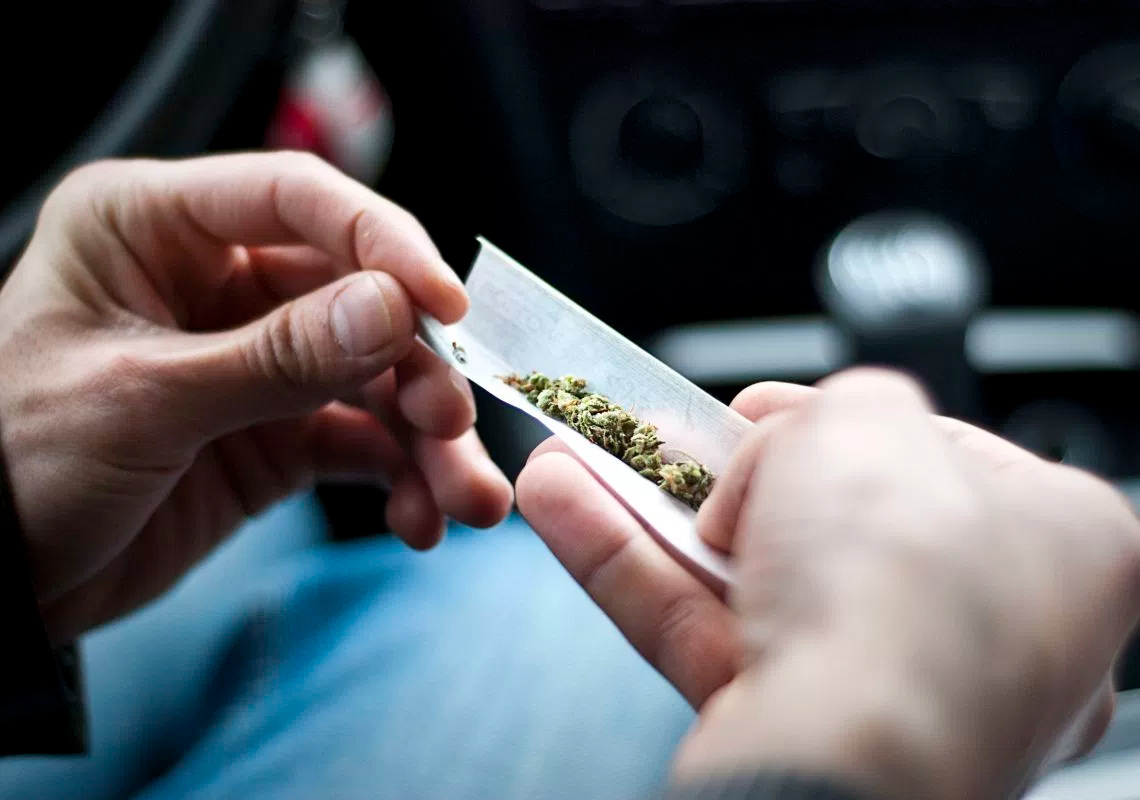It is an offence to use a mobile phone while driving (r.300 Road Rules 2014). The courts view the act of using a mobile phone while driving as dangerous and reckless. If you are found guilty of this offence, you may face a heavy fine an loss of demerit points.
What does the prosecution need to prove?
The law is different depending on whether you hold a Learner, Provisional P1 (red) or Provisional P2 (green) licence, or a full licence.
Learners and provisional licence holders
If you are on your Ls, red Ps, or green Ps, it is illegal for you to use a mobile while driving, in all circumstances, whether or not the phone is held by you (Road Rules 2014 (NSW) reg 300-1).
For the charge to be proven against you, the prosecution must establish the following elements of the offence, beyond a reasonable doubt:
1. That you, the driver, were using a mobile phone illegally. It is illegal to use a mobile phone in the following ways:
Holding a phone with your hand (including in situations where you are not on a phone call)
Entering or typing anything into a phone
Sending anything from a phone
Looking at anything on a phone
Turning a phone on or off
Operating any other function of a phone
Remember it is illegal to use a mobile phone while driving, whether or not it is hands free!
2. That you used the mobile phone while you were driving or stationery (but not parked)
Full licence holders
If you hold a full licence, it is illegal to use a mobile phone under certain circumstances (Road Rules 2014 (NSW) reg 300).
For the charge to be proven against you, the prosecution must establish the same elements as listed above, and also:
3. That your phone was not in an approved phone cradle or connected to your car via Bluetooth so as to be hands free
EXAMPLE SCENARIOS
Below are examples of situations where using your phone is illegal in New South Wales - this shows the situation for both Learner / Provisional Licences and Full Licence Holders.
Remember that the law is different depending on what kind of licence you hold and what state or territory you are in.
Can I text while driving?
Learner, P1 or P2: No, you cannot type, swipe, touch or look at your phone while driving.
Full Licence: No, you cannot type, swipe, touch or look at your phone while driving.
Can I use my phone while I’m stopped at a red light?
Learner, P1 or P2: No, you can only text if you are parked with the engine off.
Full Licence: No, you can only text if you are parked with the engine off.
Can I take a photo while driving?
Learner, P1 or P2: No, this is illegal.
Full Licence: No, this is illegal.
Can I sit my phone on my lap while driving?
Learner, P1 or P2: No, this counts as ‘holding’ your phone and is illegal.
Full Licence: No, this counts as ‘holding’ your phone and is illegal.
Can I use social media while driving?
Learner, P1 or P2: No, this is illegal.
Full Licence: No, this is illegal.
Can I make or receive a phone call while I am driving?
Learner, P1 or P2: No, this is illegal.
Full Licence: Yes, you can make or receive an audio phone call if your phone is entirely hands free. The phone must be connected to the vehicle via Bluetooth or placed in an approved phone cradle fixed to the vehicle, and controlled through voice activation.
Can I listen to or stream music from my phone while driving?
Learner, P1 or P2: No, this is illegal.
Full Licence: Yes, you can listen to or stream music from your phone if your phone is entirely hands free. The phone must be connected to the vehicle via Bluetooth or placed in an approved phone cradle fixed to the vehicle, and controlled through voice activation.
Can I use the GPS or maps on my phone while driving?
Learner, P1 or P2: No, this is illegal.
Full Licence: Yes, you use the GPS on your phone if your phone is entirely hands free. The phone must be connected to the vehicle via Bluetooth or placed in an approved phone cradle and not obscure your view of the road.
Can I receive a text, video message or email while driving?
Learner, P1 or P2: Yes, if the communication is received automatically and does not become automatically visible on your phone screen. You CANNOT look at, open or read any communication you receive while driving.
Full Licence: Yes, if the communication is received automatically and does not become automatically visible on your phone screen. You CANNOT look at, open or read any communication you receive while driving.
Can I pass my phone to a passenger while I am driving?
Learner, P1 or P2: Yes, the process of giving your phone to a passenger in the car is not illegal.
Full Licence: Yes, the process of giving your phone to a passenger in the car is not illegal.
Can I have my phone in my pocket when driving?
Learner, P1 or P2: Yes, as long as you are not using it for any other purpose.
Full Licence: Yes, as long as you are not using it for any other illegal purpose.
Penalty
The maximum penalty for this offence is a $2,200 fine (20 penalty units) (r.300 Road Rules 2014).
A court imposed fine is in addition to any demerit points imposed by Roads and Maritime Services.
Defences
There are legal defences available to persons who have been charged with using a mobile phone while driving. Does your scenario fit into a legal defence? The following are possible defences:
Learners and provisional licence holders
As a learner or provisional P1 or P2 licence holder, it is illegal to use your phone while driving. The only exceptions to this are:
1. It is not illegal to hold a phone if you are in the process of passing it to another passenger in the vehicle
2. It is not illegal to use a mobile phone if you are parked and the engine is off
If you can provide evidence to show your phone was used in either of the circumstances outlined above, the prosecution may not be able to prove all the elements of the offence beyond a reasonable doubt.
Full licence holders
If you a hold a full licence, you have restricted use of your mobile phone while driving. You are allowed to use your phone in the following ways:
1. To make or receive an audio phone call
2. To perform an audio function (such as playing music)
3. As a driver’s aid (such as for navigation)
Your phone MUST also be hands free. To be hands free your phone must be:
1. Placed in an approved phone cradle and voice activated
2. Connected to the car via Bluetooth or other remote wireless device
If you can provide evidence to show you restricted your phone use to the circumstances outlined above, the prosecution may not be able to prove all the elements of the offence beyond a reasonable doubt.
Necessity
A defence may be available to you in extreme circumstances if you can prove it was necessary to break the law to avoid the death or serious injury of yourself or another person. This defence is called necessity. The leading case is R v Loughnan [1981] VR 443. The elements that need to be shown to successfully raise this defence are:
1. You broke the law to avoid certain consequences where you or someone else faced serious injury or death,
2. You honestly believed you were in a situation of imminent danger, and that belief was reasonable, and
3. The acts you took to avoid imminent danger were not disproportionate to the danger
You are required to provide evidence in order to raise this defence. This is called an evidentiary burden. The prosecution must then negate your defence beyond a reasonable doubt.
This defence is difficult to rely on. It usually applies in situations where people fear they or someone else will be killed or receive serious injury, because of a natural or human threat.
Duress
A defence may be available to you if an imminent threat of death or physical violence was made against you, or a family member, and that threat compelled you to break the law. This defence is called duress. The leading case is R v Lawrence [1980] 1 NSWLR 122. The elements that need to be shown to successfully raise this defence are:
1. A threat of death or really serious injury was made against you or a family member, and
2. You broke the law because you genuinely believed that if you didn’t, you or a family member would be killed or seriously injured (a subjective judgment), and
3. A reasonable person of the same age and sex as you, in the same situation, would have responded to the threat by acting in the same way (an objective judgment)
To rely on this defence, you are required to provide evidence to raise the issue. The prosecution then has to prove you acted voluntarily, and therefore, eliminate any reasonable possibility you acted under duress.
This defence is rarely relied on. It usually applies in serious cases for example when a death threat is made against you or a family member.
IMPACT
If you are found guilty of use mobile phone while driving, you may end up with a conviction on your record and a hefty fine.
If you are convicted, you will also lose 5 demerit points (10 points if it is a double demerit period).
Ideally you should speak to your solicitor before you elect to take the matter to court – you need advice as to your rights and obligations so that you are more comfortable with the processes and understand what is happening. Only then can you make the best decisions.
YOUR NEXT STEPS WHEN YOU ARE CHARGED WITH USE OF A MOBILE PHONE WHILE DRIVING OFFENCE
1. Contact us. Early contact with Tankard’s Law is extremely important, so that you can start to take the right actions immediately. You need early advice. You will normally have to make a decision to elect the matter to court within 28 days. You should speak to us before you make this decision.
2. Gather material immediately. You should immediately type out your version of what occurred during the incident, including your conversation with the police, and provide this to your lawyer – details get lost in your memory over time. This step is crucial. If you have a passenger who saw what happened, you should obtain a signed statement from them as well.
3. Prepare. Your best chance in achieving the outcome that you want is to prepare your case properly. Let us help you.
If you have a question about the processes involved electing a traffic infringement to court, or attending court, or need help understanding your options, contact us by phone on 02 6921 3220 or make a website enquiry. We will get back to you promptly.
Principal Solicitor and Director, Zac Tankard, has been helping Riverina locals charged with criminal and traffic offences since 1998. There is no one better qualified to get behind you when you need it most.













